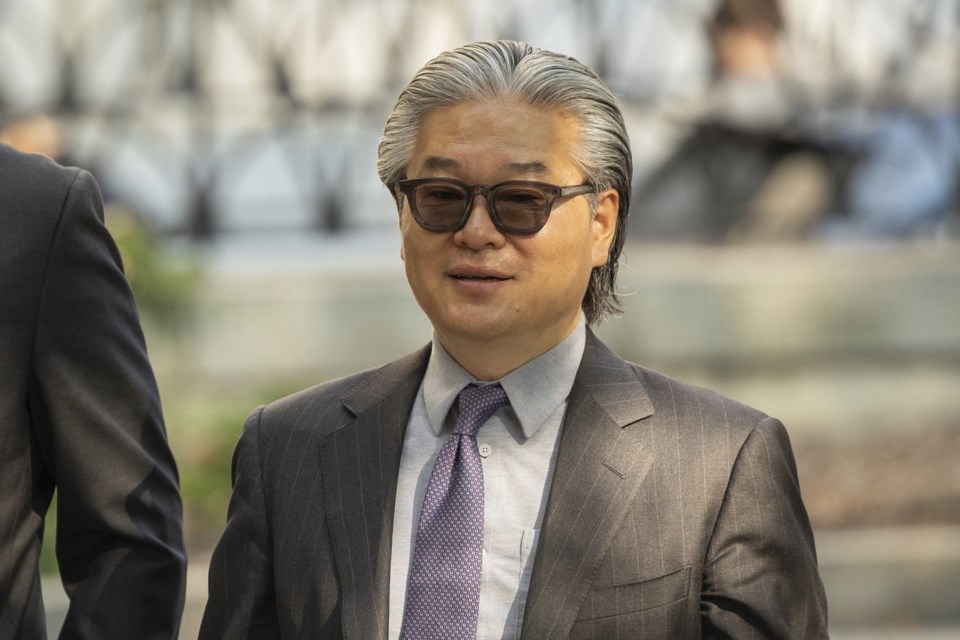NEW YORK (AP) — The founder of Archegos Capital Management, a hedge fund that collapsed in 2021, was convicted Wednesday of securities fraud in a scheme that prosecutors said cost global investment banks billions of dollars.
Bill Hwang looked straight ahead as the verdict was read, taking several sips of water as the jury found him guilty of 10 criminal counts. He was acquitted of one charge of market manipulation.
Federal prosecutors in New York said Hwang and his co-conspirators artificially inflated the values of nearly a dozen stocks before the investments collapsed, wiping out $100 billion in market value along with the company he created.
Hwang's lawyer had argued that his client was an honest investor who put money into stocks he believed in.
Prosecutors said Hwang lied to banks to get billions of dollars to grow his investment firm, which was based in New York. Its portfolio grew from $10 billion to $160 billion.
Assistant U.S. Attorney Alexandra Rothman told jurors at the start of the case that Hwang, who was a billionaire, “wanted to be a legend on Wall Street” and engaged in a scheme involving trades of stock derivatives to secretly build extraordinarily large positions in just a few companies.
Hwang’s attorney, Barry Berke, said he “didn’t live the life of a billionaire” and didn't make any misrepresentations to any banks about his business.
The indictment said the investment public did not know Archegos had come to dominate the trading and stock ownership of multiple companies because it used securities that had no public disclosure requirement. At one point Hwang and his firm secretly controlled over 50 percent of the shares of ViacomCBS, prosecutors said.
The risky maneuvers, however, made the firm’s portfolio vulnerable to price fluctuations in a handful of stocks.
The jury also convicted the company’s former financial officer, Patrick Halligan.
The Associated Press



